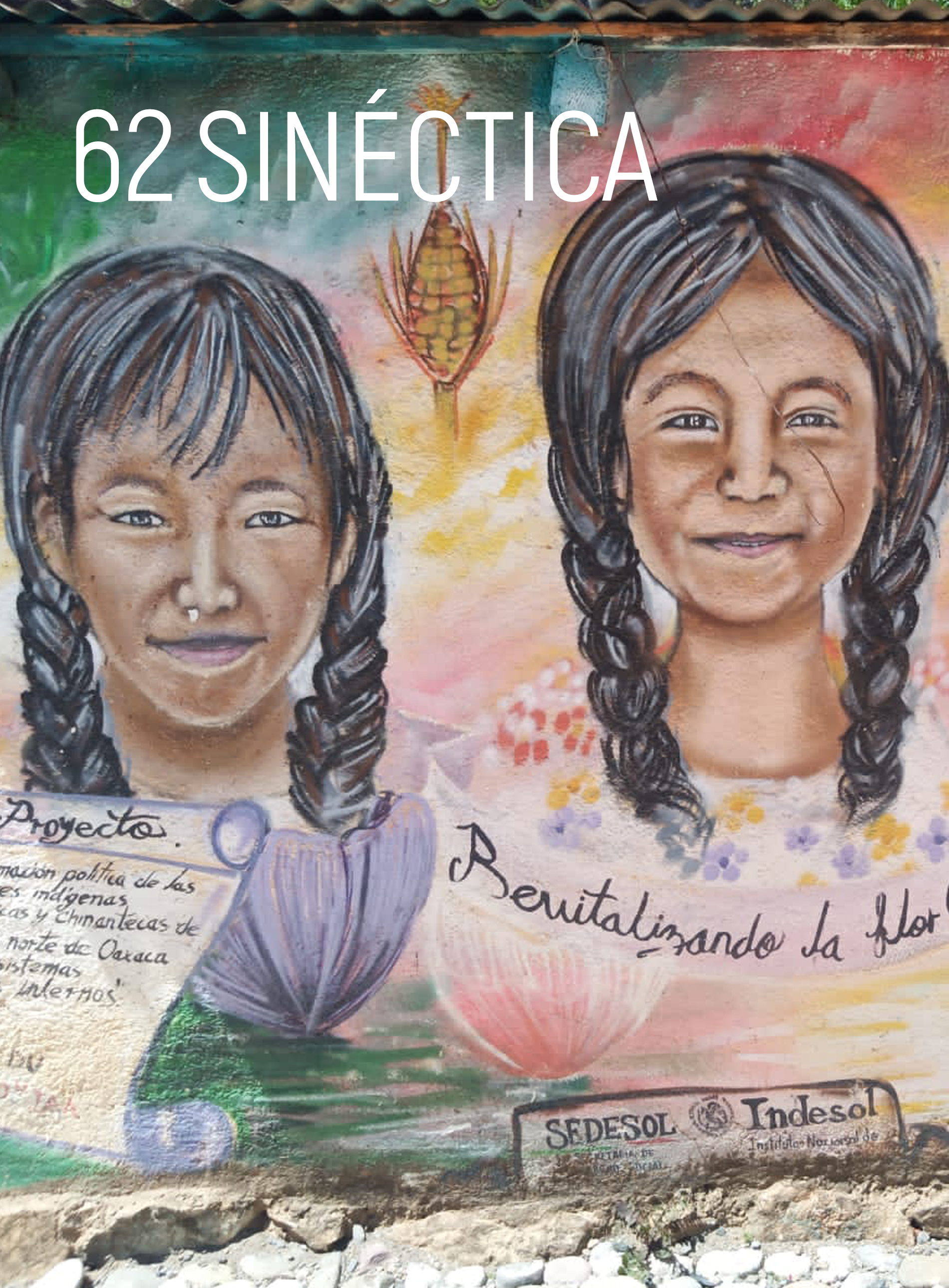¿Qué come? Preguntas para la significación de conceptos científicos
Abstract
La mayoría de los investigadores y maestros, incluyendo a padres y docentes, estarán de acuerdo en que las preguntas son parte muy im- portante de la manera en que enseñamos a los niños y de cómo ellos aprenden acerca del mundo. Las buenas preguntas relacionan objetos, ideas, experiencias pasadas, y nuevas comprensiones, así como también conectan a las perso- nas entre sí. En este artículo exploramos la manera en que las preguntas pueden ayudar a crear un sentido científico colaborativo y significativo en algunas familias que asistieron a un centro de descubrimiento marino. Analizamos las formas, las funciones y los papeles que juegan las preguntas que surgen de manera natural en el diálogo familiar. A través de estos estudios esperamos formular una taxonomía más completa de cómo las preguntas pueden servir de ayuda o de obstáculo para lograr hacer sentido de conceptos científicos.
Downloads
Downloads
Issue
Section
License
This work is licensed under a Creative Commons Attribution-NonCommercial 4.0 International license.
Authors who publish in Sinéctica agree to the following terms:
The authors retain copyright and grant the journal the right of first publication of the authorized work simultaneously under a Creative Commons Attribution License, which allows others to share the work as long as both the authorship of the work and the initial publication in this journal are acknowledged.
Authors may enter into additional separate contractual agreements for non-exclusive distribution of the published version of the journal (e.g., publishing in an institutional repository or a book), with acknowledgement of initial publication in this journal.
Authors are allowed to publish their work in institutional repositories or on their own website before and during the submission process, as it may generate productive exchanges, as well as earlier and greater citation of the published work.
Explanatory note: As of 2017 Sinéctica is governed by the Creative Commons Attribution Non-Commercial 3.0 International License, a version that standardizes licenses internationally.
Articles published between 1992 and 2016 are covered by a Creative Commons Attribution-NonCommercial-NoDerivatives 4.0 International license, which allows a work to be shared and distributed non-commercially and with acknowledgement of the author, but prohibits modification of the original creation.






















